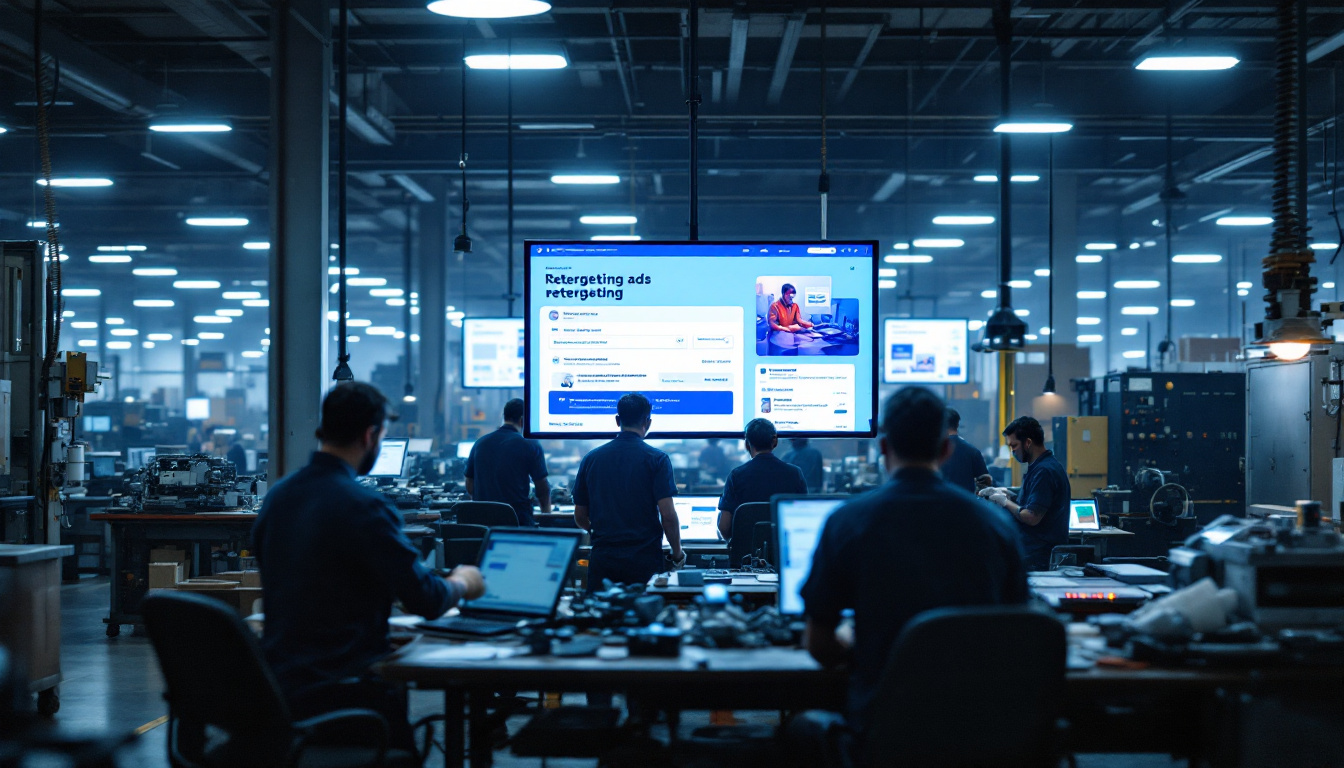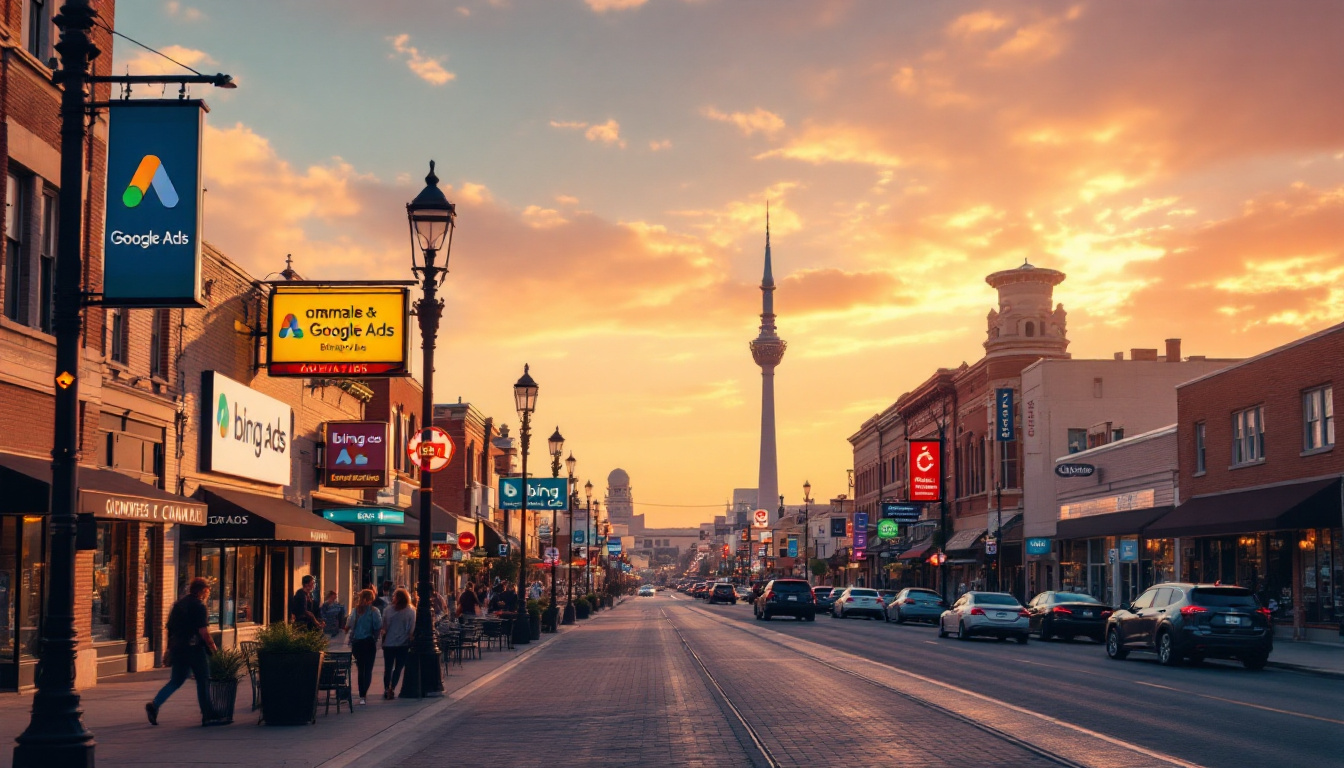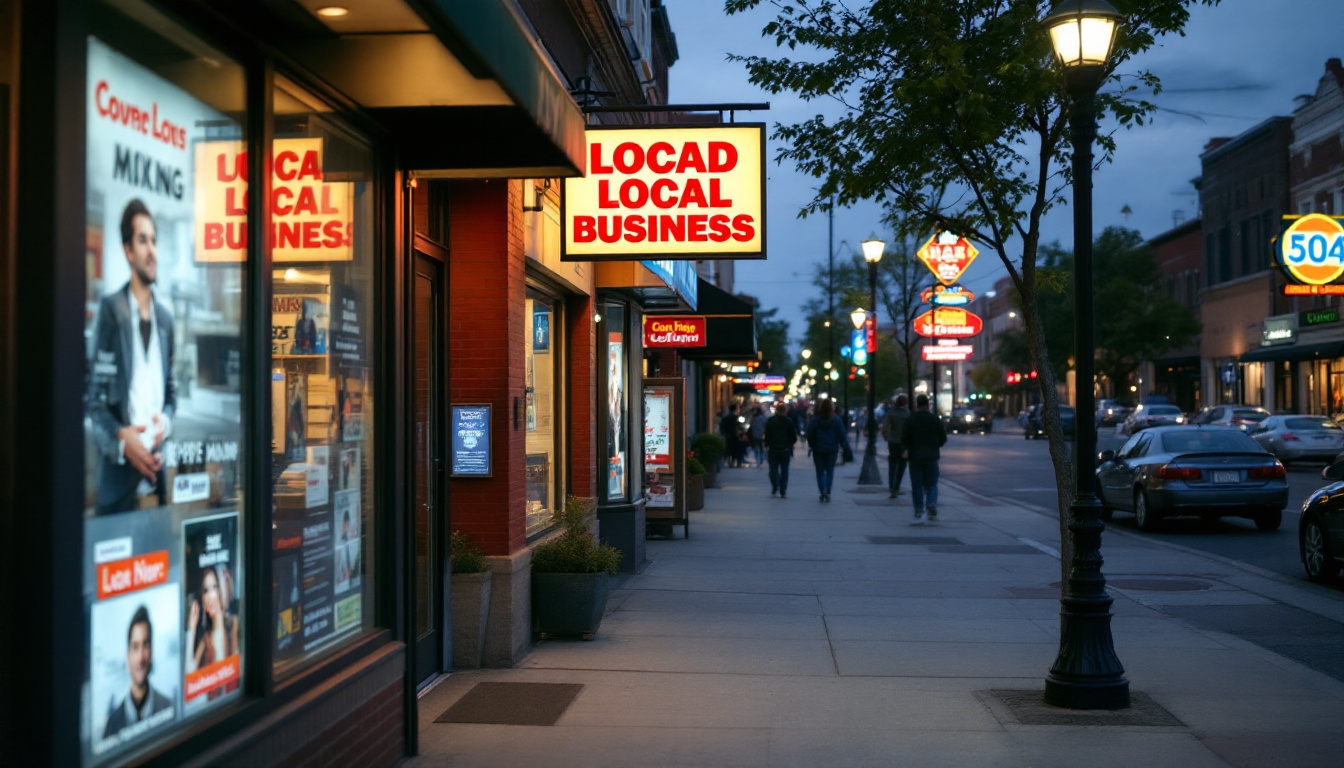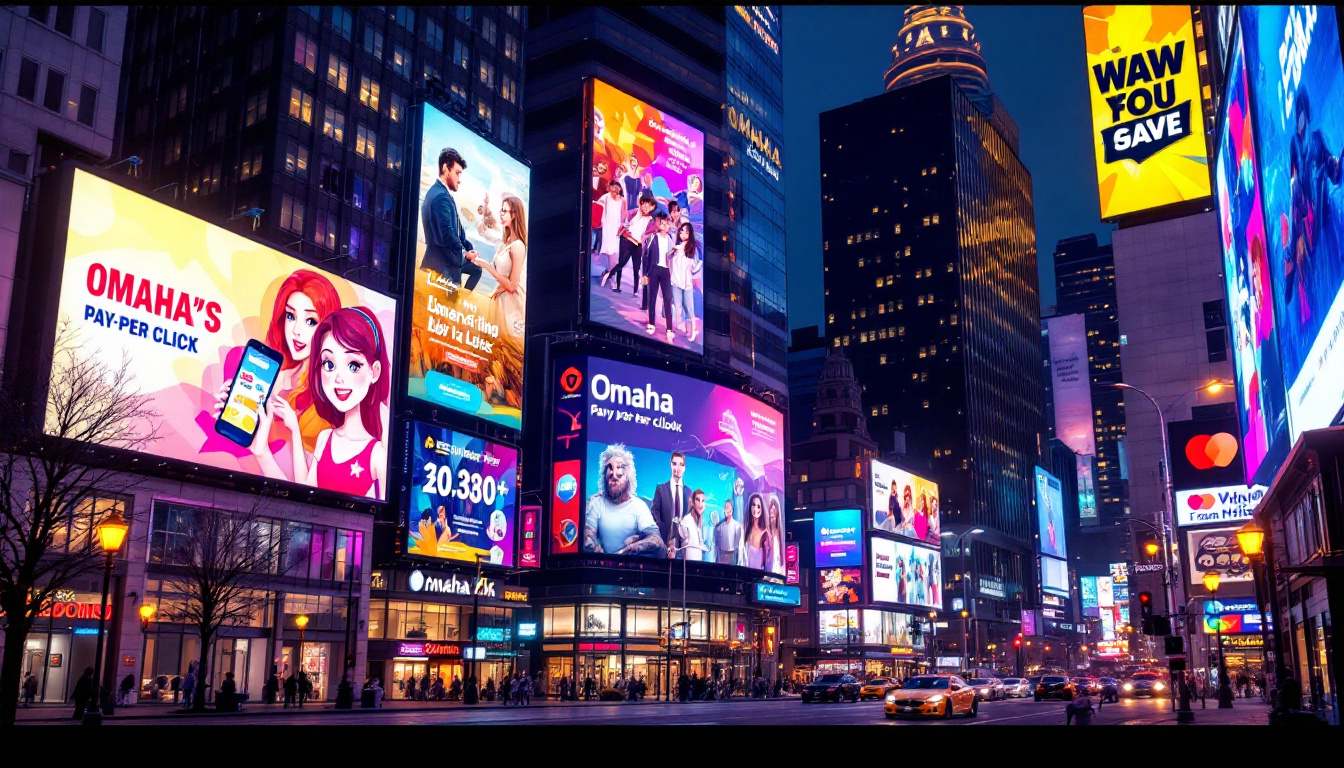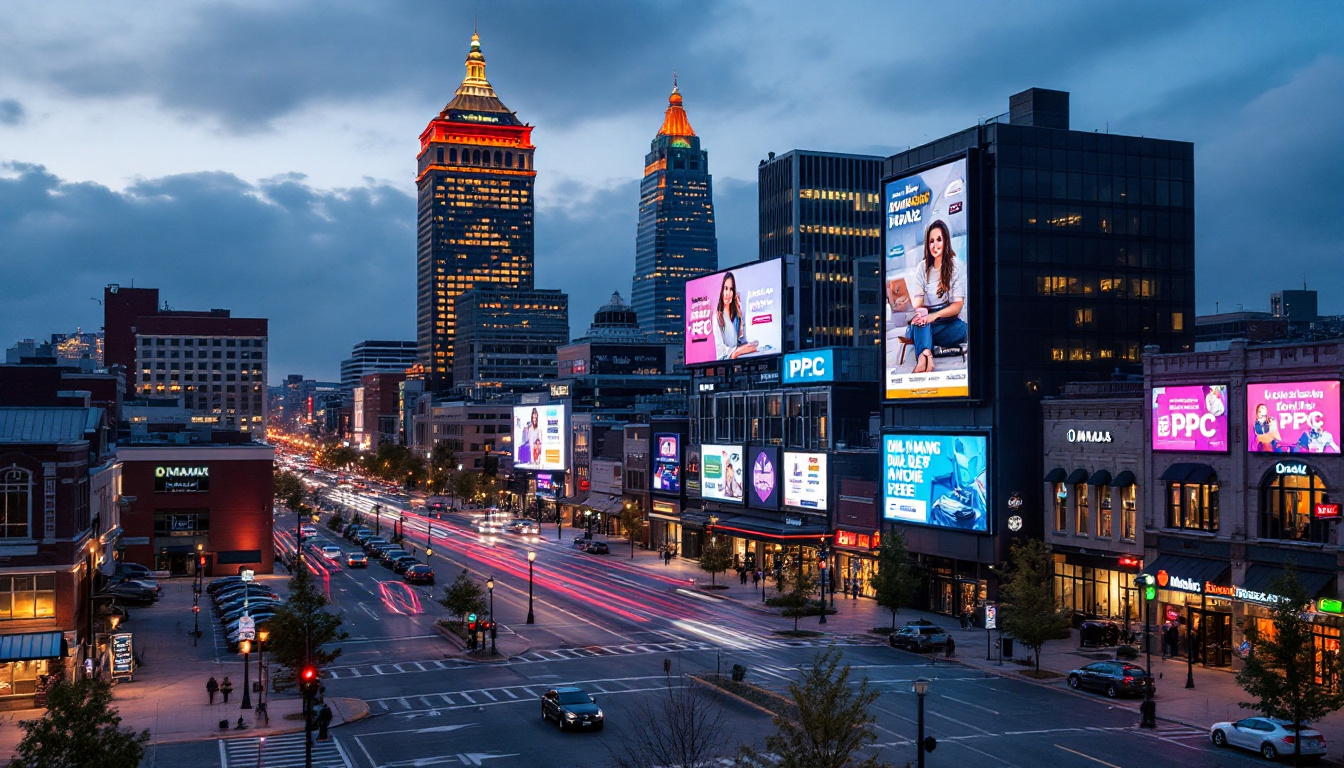Top PPC FAQs Answered for Omaha, NE Businesses
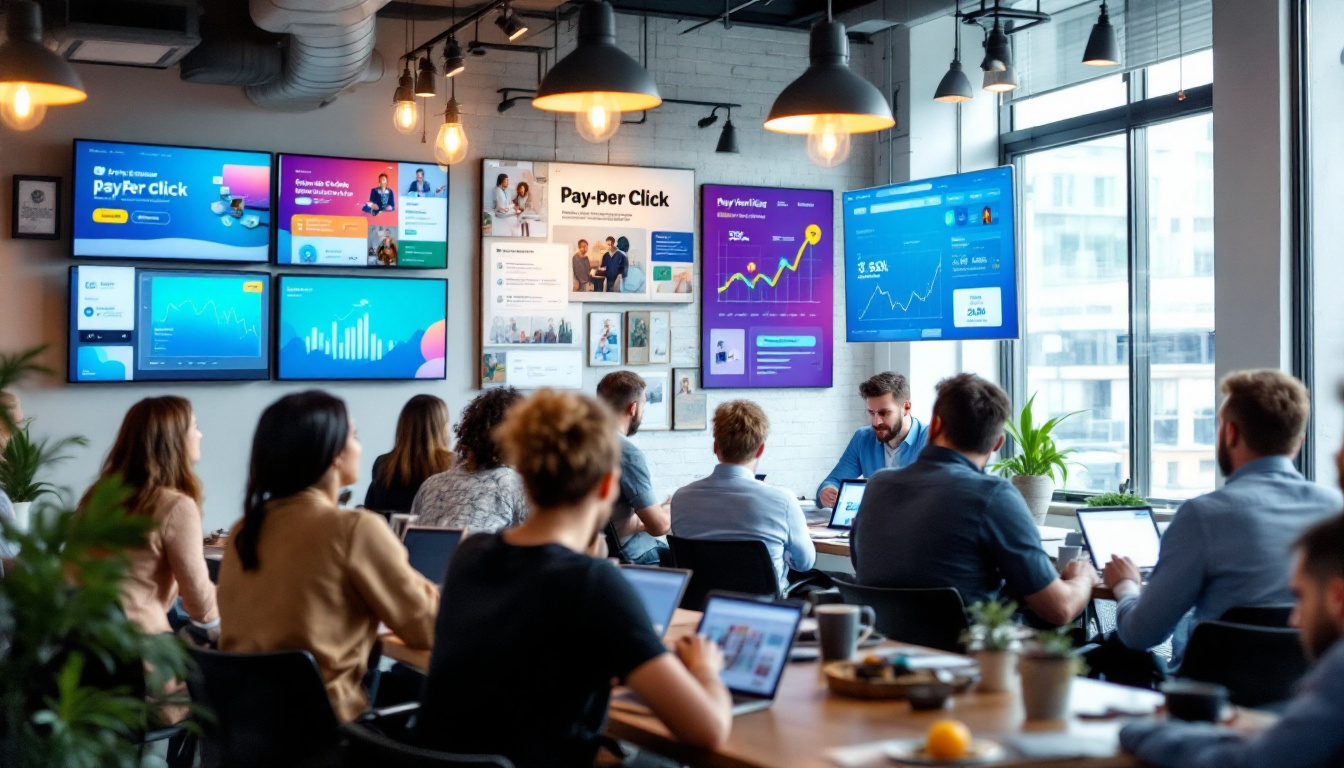
Pay-Per-Click (PPC) advertising has rapidly become a cornerstone of digital marketing strategies for businesses looking to gain prominence in their local markets. However, many entrepreneurs in Omaha may have questions about its functionality, significance, and implementation. This article aims to dispel some common myths and answer frequently asked questions about PPC advertising tailored specifically for businesses in Omaha, NE.
What is PPC and how does it work?
PPC, or Pay-Per-Click, is an online advertising model where advertisers pay each time a user clicks on one of their ads. This can occur across various platforms, including search engines, social media networks, and websites. The primary goal of PPC is to drive traffic to a website and maximize the visibility of the advertisers' offerings.
The most commonly used platform for PPC is Google Ads. When a user searches for a term relevant to the advertiser's business, ads that fit that search are displayed at the top or bottom of the search results page. Advertisers bid on keywords associated with their business, and the ranking of the ad is determined not only by the bid amount but also by the ad's quality, relevance, and expected click-through rate.
Key Components of PPC
There are several critical components to consider when engaging with PPC advertising:
- Keywords: The foundation of any PPC campaign lies in carefully chosen keywords that align with the business offerings.
- Ads: Compelling ad copy is essential for attracting clicks, which requires a clear understanding of the target audience.
- Bidding: Advertisers must set budgets and decide how much they are willing to pay per click.
- Landing Pages: The destination webpage for the ad should be relevant and optimized to convert visitors into customers.
In addition to these components, tracking and analytics play a vital role in the success of PPC campaigns. Advertisers can utilize tools like Google Analytics to monitor the performance of their ads, assess user behavior on landing pages, and make data-driven decisions to refine their strategies. By analyzing metrics such as click-through rates, conversion rates, and cost per acquisition, businesses can identify which aspects of their campaigns are working well and which may require adjustments.
Moreover, the competitive landscape of PPC advertising necessitates continuous optimization. As more advertisers enter the digital space, the bidding environment can become increasingly competitive, driving up costs. Therefore, successful PPC campaigns often involve A/B testing different ad copies, experimenting with various keywords, and adjusting bids based on performance. This iterative process ensures that advertisers remain agile and responsive to changes in user behavior and market conditions, ultimately leading to more effective and efficient advertising efforts.
Why is PPC important for local businesses?
PPC advertising is particularly crucial for local businesses in Omaha for several reasons. First and foremost, it allows these businesses to target specific audiences within their geographical vicinity effectively. Unlike traditional advertising mediums, which may reach a broader audience with less precision, PPC specifically targets users actively searching for the products or services offered. This means that a local bakery can display ads to individuals searching for "fresh bread near me," ensuring that their marketing efforts are reaching those most likely to convert into customers.

Moreover, PPC ads can appear at the top of search engine results pages, increasing visibility in competitive marketplaces. For local businesses looking to gain prominence, being visible in search results can make an enormous difference in foot traffic and online sales. This heightened visibility is especially important in a bustling city like Omaha, where consumers have numerous options at their fingertips. By utilizing local keywords and geo-targeting, businesses can further enhance their chances of being seen by the right audience, effectively turning online searches into real-world visits.
Immediate Results and Flexibility
Another significant advantage of PPC is that it generates immediate results. Once campaigns are launched, ads can start appearing right away, resulting in faster returns compared to SEO strategies, which may take time to build traction. This immediacy is particularly beneficial for local businesses that may have seasonal promotions or time-sensitive offers, allowing them to capitalize on trends and consumer behavior as they happen.
Additionally, PPC offers flexibility for advertisers. They can adjust their campaigns in real-time based on performance metrics, which allows for better resource allocation and overall campaign effectiveness. For instance, if a local gym notices that ads for a specific fitness class are performing exceptionally well, they can increase the budget for that campaign while scaling back on less effective ads. This level of adaptability not only maximizes ROI but also ensures that local businesses remain competitive in a rapidly changing market. Furthermore, with the ability to test different ad formats and messaging, businesses can refine their strategies continuously, honing in on what resonates best with their local audience.
How to select the best PPC platform?
Choosing the right PPC platform is vital for the success of any online marketing strategy. Businesses in Omaha should start by analyzing their objectives, target audience, and budget. The two most popular platforms are Google Ads and Facebook Ads, each serving unique purposes. Both platforms offer a variety of tools and features that can help businesses maximize their return on investment, making it crucial to understand the nuances of each before making a decision.
Consider Your Goals
Businesses should consider what they aim to achieve with their PPC efforts. If the focus is on local visibility and engagement with customers through detailed targeting options, Facebook Ads could be an excellent choice. However, for immediate conversions via search traffic, Google Ads is often the preferred platform. Additionally, it’s important to set measurable goals, such as increasing website traffic, generating leads, or boosting sales, as this will help in evaluating the effectiveness of the chosen platform over time.
Analyze Your Audience
Understanding where your customers spend their time online is essential. If your audience is younger and more engaged on social platforms, Facebook and Instagram may provide better results. Conversely, if they are actively searching for keywords related to your business, Google Ads would be more effective. Furthermore, leveraging audience insights and analytics tools can help refine targeting strategies, ensuring that ads reach the right demographics. This analysis can also reveal trends in consumer behavior, allowing businesses to adapt their messaging and offers to better resonate with potential customers.
Budget Considerations
When selecting a PPC platform, budget constraints play a significant role. Each platform operates on a different pricing model, and understanding these can help businesses allocate their resources effectively. Google Ads typically uses a cost-per-click (CPC) model, where advertisers pay for each click on their ads, while Facebook Ads often employs a cost-per-impression (CPM) model, charging based on the number of times ads are shown. Businesses should also consider the lifetime value of customers acquired through these platforms, as a higher upfront cost may lead to greater long-term returns if the right audience is targeted effectively.
Testing and Optimization
Once a PPC platform is chosen, continuous testing and optimization are key to achieving the best results. This involves experimenting with different ad formats, messaging, and targeting options to see what resonates most with the audience. Both Google Ads and Facebook Ads offer robust analytics tools that allow businesses to track performance metrics and make data-driven adjustments. Regularly reviewing campaign performance can lead to improved click-through rates and conversion rates, ultimately enhancing the overall effectiveness of the PPC strategy.
What are the costs associated with PPC?
The costs of PPC advertising can vary significantly based on numerous factors, including industry competition, geographic targeting, and advertising goals. It’s essential for Omaha businesses to be aware of various cost structures associated with PPC campaigns.

CPC and Budgeting
The cost-per-click (CPC) model is where advertisers pay for each click their ads receive. Generally, high-competition keywords can lead to higher costs, while niche keywords tend to be more affordable. Additionally, setting a daily budget can help businesses keep track of their spending and avoid overspending on underperforming ads.
Additional Costs
Besides CPC, businesses should also consider other costs such as:
- Ad Creation: Professional ad copywriting and design may add to the overall budget.
- Management Fees: Hiring an agency to manage campaigns can lead to additional expenses.
- Software and Tools: Subscriptions to keyword research tools or analytic platforms can also impact the budget.
How to measure the success of your PPC campaigns?
Measuring the success of PPC campaigns involves analyzing various metrics and KPIs (Key Performance Indicators). Omaha businesses should regularly track these indicators to ensure campaigns achieve their objectives.
Key Metrics to Monitor
Some essential metrics to consider include:
- Click-Through Rate (CTR): A higher CTR indicates effective ad messaging and targeting.
- Conversion Rate: This tells you how many clicks result in desired actions such as purchases or sign-ups.
- CPC: Monitoring the cost per click helps in assessing budget allocation.
- Return on Investment (ROI): Ultimately, understanding the profitability of your campaigns should guide future efforts.
By keeping an eye on these metrics, Omaha businesses can make data-driven decisions to optimize their PPC campaigns, ensuring their advertising dollars are well spent.
In conclusion, understanding PPC advertising is crucial for local businesses in Omaha seeking to enhance their online presence. By answering these frequently asked questions, businesses can better navigate the world of PPC and leverage it to their advantage.

As a Google Ads expert, I bring proven expertise in optimizing advertising campaigns to maximize ROI.
I specialize in sharing advanced strategies and targeted tips to refine Google Ads campaign management.
Committed to staying ahead of the latest trends and algorithms, I ensure that my clients receive cutting-edge solutions.
My passion for digital marketing and my ability to interpret data for strategic insights enable me to offer high-level consulting that aims to exceed expectations.






